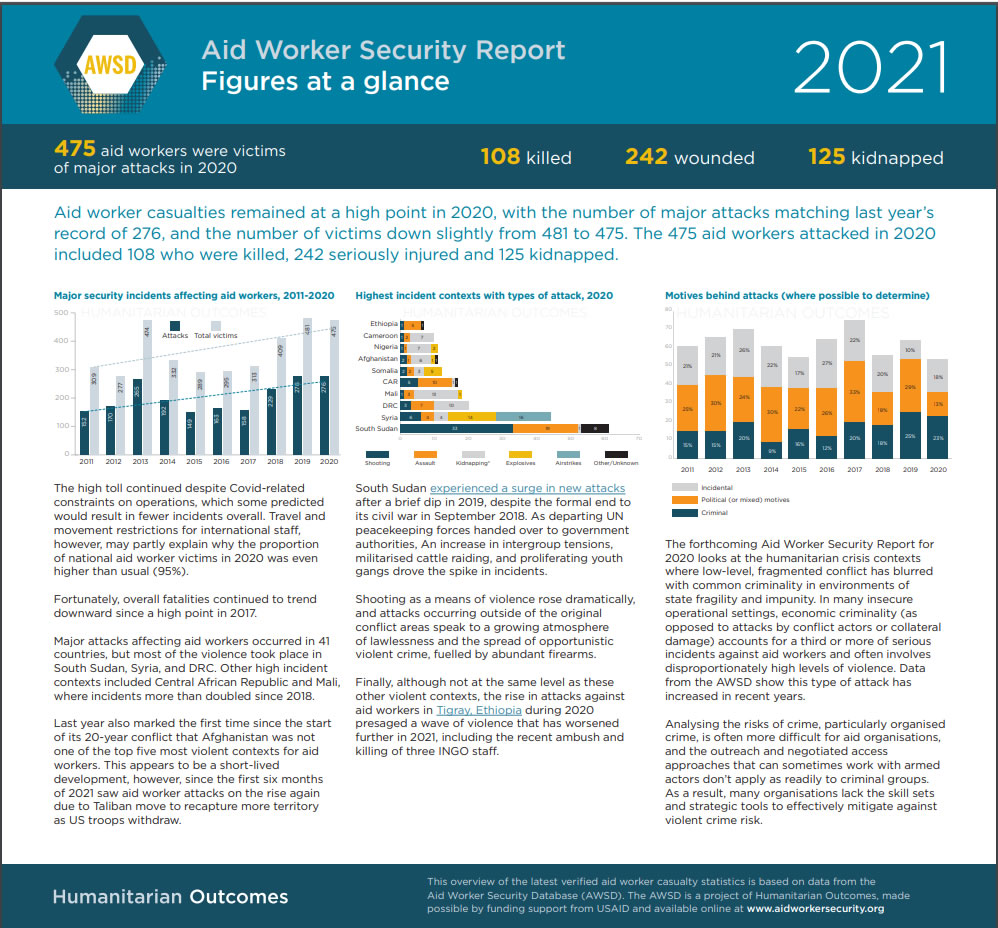Online Course
NURS 418/NRSG 609 – Essentials & Practice in Global Health Nursing
Module: Introduction to Global Health
Humanitarian Interventions

Throughout history, there have been humanitarian actors – but before the 1800s wide-scale humanitarian interventions were rare. The early 1800s (e.g., Florence Nightingale in Crimean War), especially in Britain (then coming to America and rest of Europe) was a period where power of individuals and ‘liberalism” (akin to libertarianism) was coming to be recognized, coming into vogue; that is, a person could and should be free to decide his/her own fate and circumstance as opposed to one’s group (family, religion, clan/tribe, social class, or nation) being one’s lot and destiny. Hence, human rights as a concept was first established.
Then as today, religious groups (often conservative) and social progressives began to create concern about humanitarian emergencies warranting intervention in far-flung places and began to intervene in similar ways (though not usually exactly coordinated joint actions) sometimes to protect members of their own group -- but always described/touted as addressing/defeating despised social conditions (slavery, torture, plaque, other disaster). While humanitarian action started with strong groups of individuals, the history of nations intervening in other sovereign nations to address humanitarian crises also dates back to 1800s (France, Russia, Briton intervened in Turkey especially. This was usually Christian nations vs. Muslim/secular Ottoman Empire). Today unilateral, bi-lateral, and multi-lateral interventions continue this work (e.g., in keeping the peace in regions of armed conflict and in disaster relief). However, today, there is an unprecedented proliferation of non-governmental organizations. (1.2 million in the United States alone (personal communication, Pape Amadou Gaye, Director, IntraHealth, March 15, 2013). Also, at this time there is an unprecedented push for return to local control in low and middle income countries (LMICs) of many of the development projects which were initiated by bi-multi-uni-lateral or international NGO groups in the 1990s and 2000s. The proliferation of early foreign intervention and pushback for local control has repeated during the past six decades and whether the host or recipient country or regions are ‘ready’ and have capacity to assume this control remains an ongoing debate.
This website is maintained by the University of Maryland School of Nursing (UMSON) Office of Learning Technologies. The UMSON logo and all other contents of this website are the sole property of UMSON and may not be used for any purpose without prior written consent. Links to other websites do not constitute or imply an endorsement of those sites, their content, or their products and services. Please send comments, corrections, and link improvements to online@son.umaryland.edu.